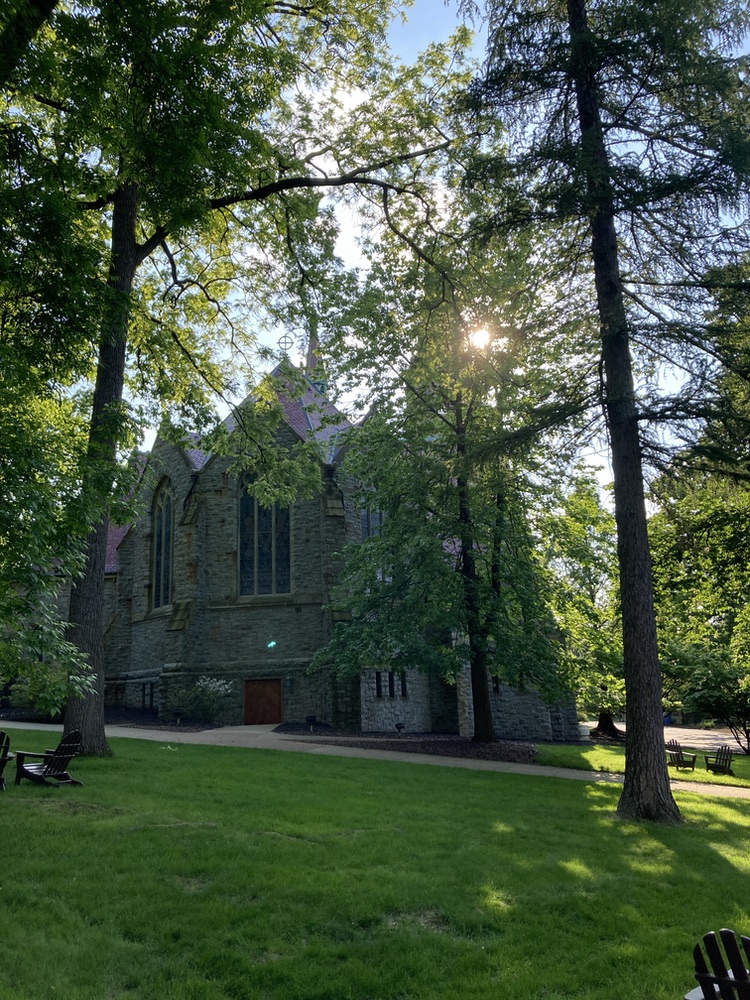It’s only impossible until you’ve done it once. It’s only difficult until you’ve done it twice.
The problem isn’t the actual problem; the problems is your attitude about the problem.
Outside of military training and sports, Greeks, and later the Romans, celebrated the body’s beauty and strength and embraced physical training as a philosophical ideal and an essential part of a complete education. They celebrated the idea of having a sound mind, in a sound body. Physical culture started to rise beyond practical necessities to become a means to an end — an “art de vivre.”
~ Erwan Le Corre, from The History of Physical Fitness
I was once stood on a deck, in the sun and winter cold, in a sweatshirt, with a dozen friends, all facing another friend leading us through slow, movement exercises. We paused arms outstretched, then made little hand circles with our arms straight, palms upwards, then rotate palms down, then more little circles, little flaps with our fingertips moving a few inches… Breathing. Our friend leading had long yet before their shoulders would be done, as I crossed from this-is-nice, to oh-yes-hello-shoulders, to fix-posture-and-breath-deeper… After a while—long before our friend led us on to the next part of the movements—I simply relaxed my shoulders and gently lowered my arms to my side. After a rest, I raised my arms and continued.
Tho’ much is taken, much abides; and tho’
~ Alfred Lord Tennyson
We are not now that strength which in old days
Moved earth and heaven, that which we are, we are;
One equal temper of heroic hearts,
Made weak by time and fate, but strong in will
To strive, to seek, to find, and not to yield.
That session on the deck: Why? We were invited out into the cold to move and breath, to experience something profound (maybe), to be out there steaming together (certainly). My arms were up, shoulders working, simply because I wanted them so. There was no mention of let’s go “struggle” nor “suffer,” so when that shoulder thing became challenging, I simply gave my shoulders a rest. In the moment I was thinking: “This is awesome. What can I do so I can be out here longer, with all my friends?” There was no problem, because I had no attitude about the problem.
Throughout the book, Zhuangzi suggests in a similar vein that it is good to enjoy yourself. That is, we should not always aim for usefulness. We should not always strive to produce or do things that benefit ourselves or others.
~ Helen De Cruz and Pauline Lee, from How to be useless
In hindsight, it’s clear I was on that winter deck straight-up enjoying myself.
No man is more unhappy than he who never faces adversity. For he is not permitted to prove himself.
~ Seneca
It’s bad enough if adversity never comes knocking, but it’s far worse when we avoid adversity. And not because through adversity we make our mark in the world, (in the end, “All those moments will be lost in time, like tears in rain.“.) Adversity is important because it’s a part of how we know we have lived.
Many of us wish to enhance our understanding of ourselves and other people. We also search for answers to questions of worth and meaning, purpose and belonging, questions such as ‘Why am I here?’ or ‘What do I aim to do?’ These are all spiritual needs – and they illustrate why spiritual practice is as critical today as ever.
~ Morgan Shipley, from How to find new spiritual practices
One should not use challenge as the entirety of one’s spiritual practice (see, QM’ing to Valhalla.)
For many, the first step on a spiritual journey is to become lost. The final step is losing one’s self.
~ Wu Hsin
For me, it’s bonkers how many steps there were before that first step. What can I say?
When we embark on the artist’s journey, we take control of our lives.
~ Steven Pressfield, from The Mind-Set of the Artist’s Journey
I’m lost. Oh, good! What’s next?
Until next time, thanks for reading.
ɕ
